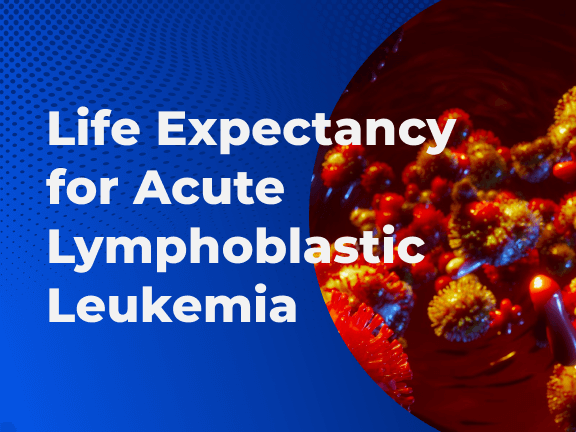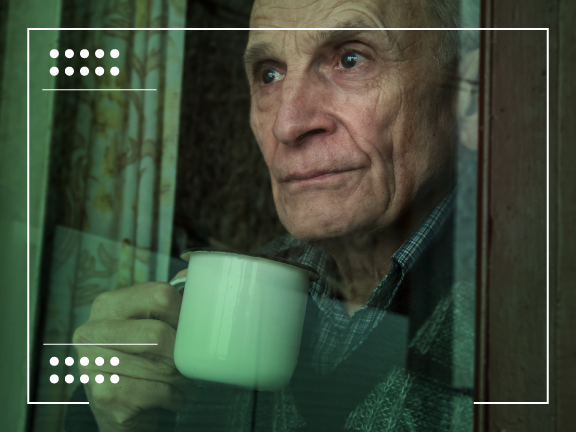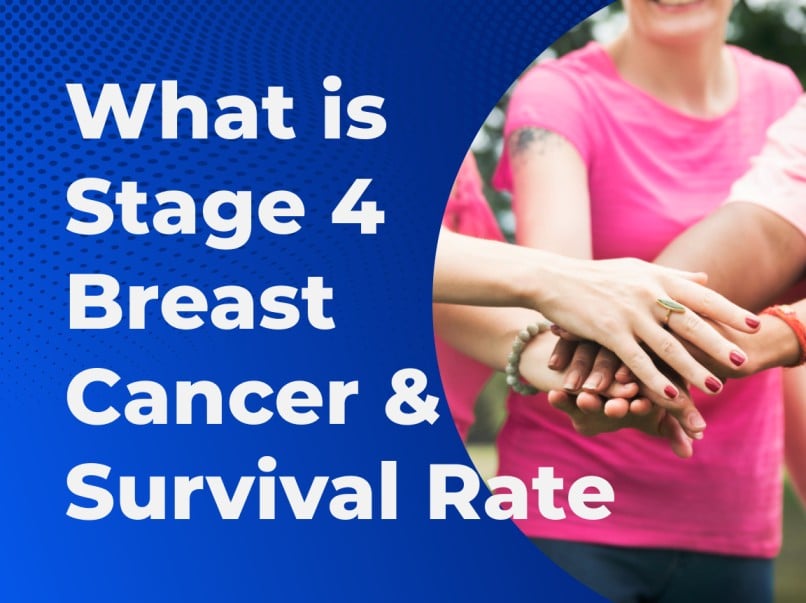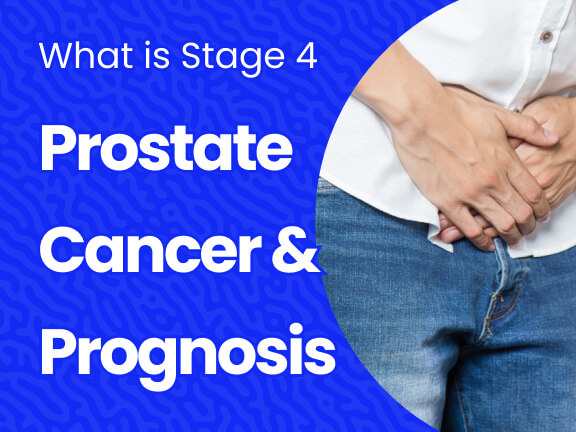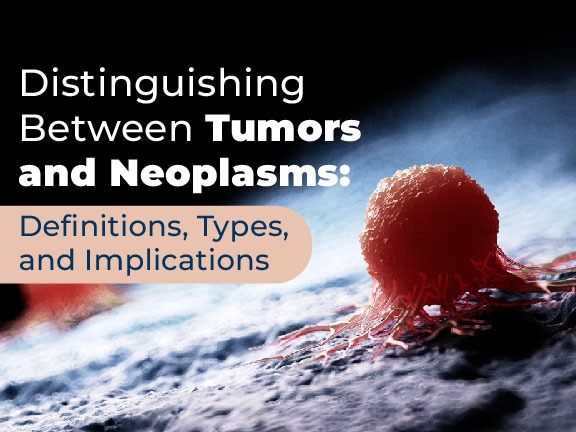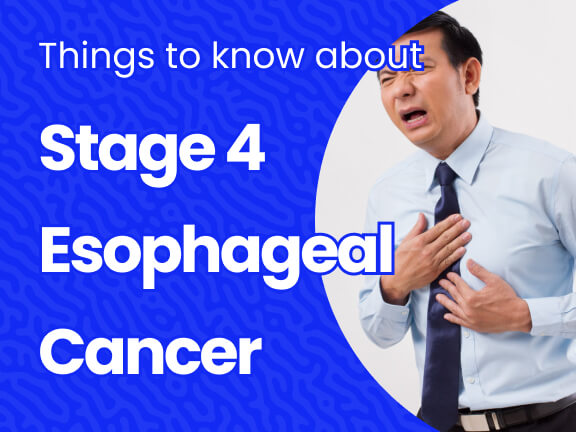What is Cholangiocarcinoma?
Cholangiocarcinoma forms in the bile duct and consists of a group of cancer cells. This cancer type is particularly dangerous because it often spreads to the connected tubes in the small intestine, gallbladder, and liver. More often than not, it is not detected until it has spread beyond the bile duct. Despite being difficult to treat, there are only between 2,000 and 3,000 new cases each year, making it one of the rarer cancer types.
The subtypes of cholangiocarcinoma include:
- Intrahepatic bile duct cancers
- Perihilar bile duct cancers (Klatskin tumors)
- Distal (extrahepatic) bile duct cancers
Screening methods for cholangiocarcinoma include liver function tests, tumor marker tests, examining your bile duct with a small camera, imaging tests, and a procedure to remove a sample of tissue for testing. After the cancer is found, additional testing often takes place to determine the stage of the cancer. Cholangiocarcinoma has been viewed to be more prevalent in men than women for unknown reasons.
Cholangiocarcinoma Symptoms
Cholangiocarcinoma patients often find out when they experience jaundice, which is the yellowing of one’s eyes and skins. Other symptoms cholangiocarcinoma patients may experience are:
- Itchy skin
- Changes in stool
- Dark urine
- Pain of the abdomen
- Weight loss due to appetite loss
- Fever
- Nausea and/or vomiting
What Causes Cholangiocarcinoma?
While the exact cause of cholangiocarcinoma is unknown it develops after DNA changes occur in the cells of the bile duct. Many of the gene mutations that occur and cause the cancerous cells to grow are formed throughout the patient’s life. Other diseases can lead to cholangiocarcinoma as well. These include:
- Hepatitis B or C
- Cirrhosis
- Irritable bowel syndrome
- Diabetes
Ask Our Experts Your Questions Now
Cholangiocarcinoma Risk Factors
Several risk factors have been linked to the development of cholangiocarcinoma. These include:
- Bile duct stones and cysts
- Being exposed to some chemical toxins commonly used in manufacturing
- Primary sclerosing cholangitis, a bile duct disease
Cholangiocarcinoma Prevention
There is no way to guarantee that cholangiocarcinoma won’t develop. However, like other cancer types, excessive alcohol use, smoking, and even obesity can be attributed to the development of cholangiocarcinoma, so it Is best to avoid them to decrease your chances of cancer occurring.
Cholangiocarcinoma Treatment
The treatment option cholangiocarcinoma patients are given depends on factors including their overall health, symptoms, and exact type of cholangiocarcinoma. The most common form of treatment for cholangiocarcinoma patients are:
- Surgery
- Liver transplant
- Chemotherapy
- Radiation therapy
- Photodynamic therapy
- Biliary drainage
Cholangiocarcinoma is a difficult cancer type to treat, so many patients turn to clinical trials for new and innovative treatment options.
Cholangiocarcinoma Clinical Trials
There are approximately 73 cholangiocarcinoma clinical trials that are currently recruiting patients in the United States right now. With such an extensive list, many of them could be beneficial for you. Our team of patient relations coordinators, who are oncology nurses, and our artificial intelligence based clinical trial matching system will find the best option for you.
With just a few clicks, you can see your clinical trial matches now. Click here to use our AI-powered Clinical Trial Matching System.
How Do We Help Cholangiocarcinoma Patients?
Massive Bio offers an independent cancer treatment analysis as well as free clinical trial matching for cholangiocarcinoma patients. Our patient relations coordinators work closely with patients to gather information on their current medical status, and then will provide a list of options from available cancer clinical trials close to your home.
We can also provide a comprehensive case analysis through our Virtual Tumor Board from cancer specialists. The Virtual Tumor Board (VTB) is comprised of highly specialized oncologists from nationally-recognized Cancer Centers of Excellence. In just 7-10 days after receiving your medical records, we can get you a treatment plan without having to travel far distances and use your valuable time.
Resources for Cholangiocarcinoma Patients
Cholangiocarcinoma Foundation: The Cholangiocarcinoma Foundation is a global non-profit with the goal of finding a cure and improve the quality of life for all cholangiocarcinoma patients.
Mike Shane Memorial Fund: The Mike Shane Memorial Fund is for cholangiocarcinoma patients who are seeking second opinions. Patients can apply for a grant to cover expenses for remote second opinions, therefore no travel is required.
Sean F. Hogan Sr. Foundation: The Sean F. Hogan Sr. Foundation is a non-profit organization with the goal of aiding cholangiocarcinoma and other cancer patients with their financial burdens associated with the disease. They also are committed to furthering research and raising awareness to the public for cholangiocarcinoma.
Patient Relations Coordinator Foundation Co-Pay Relief: The Patient Relations Coordinator Foundation Co-Pay Relief helps patients cover medication expenses for eligible patients with cholangiocarcinoma.
Bili Project Foundation: The Bili Project Foundation raises awareness and furthers research for hepatobiliary cancer, which includes cholangiocarcinoma. Their goal is to reduce future cases and improve outcomes of current patients by promoting research to identify biomarkers and therapeutic targets.
GI Cancers Alliance: The GI Cancers Alliance raises awareness and provides education and advocacy for patients to prevent, treat, and cure gastrointestinal cancers, including cholangiocarcinoma.
Source:




